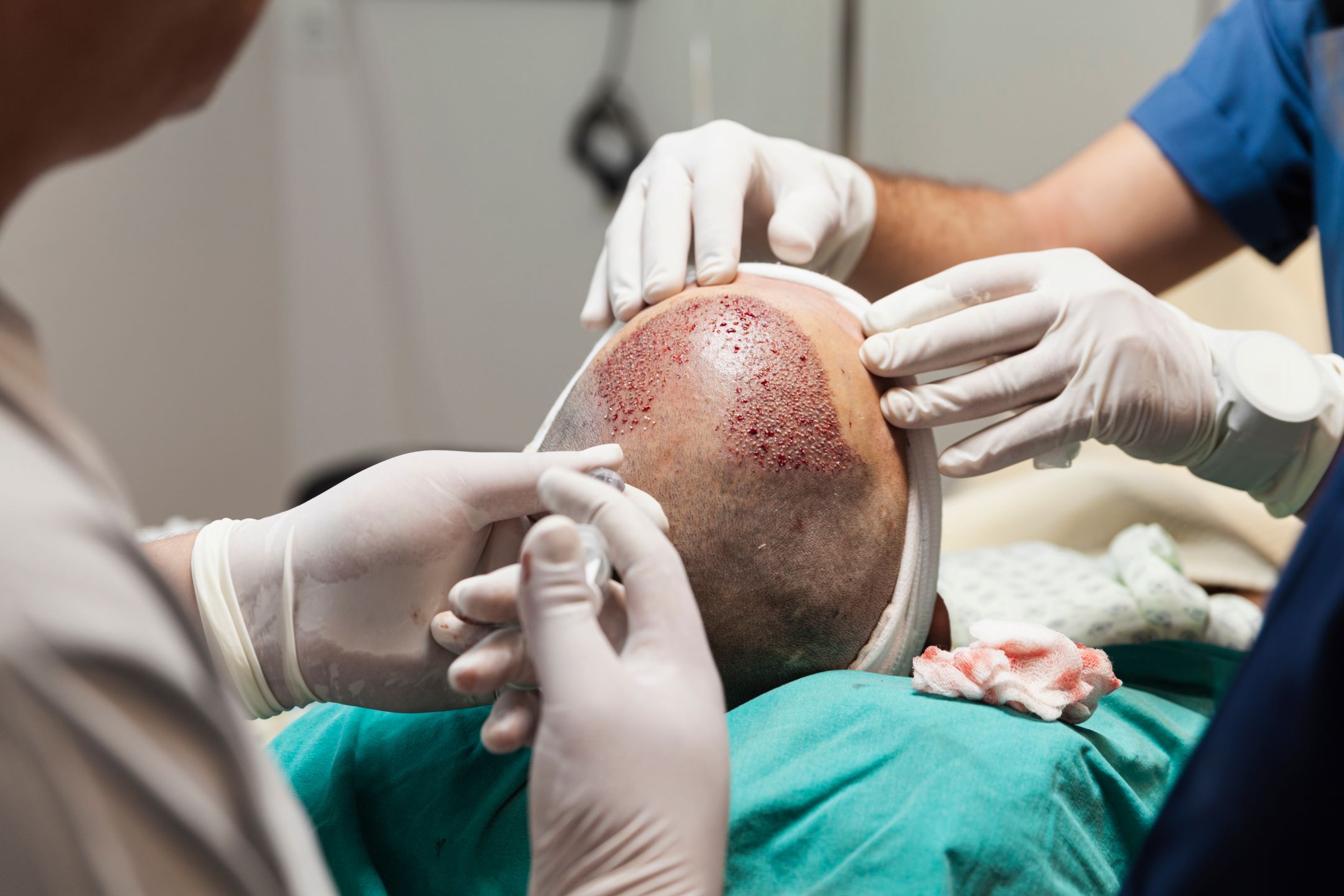Hair loss is a common concern affecting both men and women by impacting self-esteem and overall quality of life. While shedding a certain amount of hair daily is typical, noticeable hair thinning or excessive loss can be distressing. As such, determining when hair loss requires professional intervention can be challenging. However, understanding the factors that contribute to hair loss and recognising when the condition warrants expert treatment can help guide the decision-making process.
Read on to learn when to consider professional treatment for hair loss.
Identifying Hair Loss Patterns and Severity
Hair loss can present in different forms, from gradual thinning to sudden shedding. By observing the pattern and rate of hair loss, one can gain essential clues as to whether it’s part of the natural ageing process or indicative of a more serious condition. For example, androgenetic alopecia, a hereditary condition commonly known as male or female pattern baldness, tends to follow specific patterns and may warrant professional evaluation, especially if it progresses rapidly.
Also, when hair thinning appears in distinct areas, such as the crown or temples, or if hair is noticeably thinning all over, professional advice may be beneficial. A sudden and unusual hair loss pattern can also signify underlying health issues, making it essential to seek medical evaluation.
Lastly, for those experiencing ongoing hair loss or significant changes in hair density, considering options such as a hair transplant in London or similar locations may offer a long-term solution.
Signs Indicating It’s Time To Seek Professional Help

Not all hair loss requires professional intervention, especially if it’s mild and temporary. However, certain signs may indicate that it’s time to consult a specialist. These include:
Experiencing Emotional Distress from Hair Loss
Hair loss often affects mental health, with individuals experiencing reduced self-confidence, anxiety, and social withdrawal. The emotional impact can be substantial, especially when hair loss alters one’s appearance significantly. Therefore, seeking professional treatment may be a suitable consideration if hair loss decreases quality of life or causes persistent emotional distress.
When Medical Conditions Trigger Hair Loss
Certain medical conditions, including thyroid disorders, anaemia, autoimmune diseases, and hormonal imbalances, can trigger or worsen hair loss. For instance, thyroid dysfunction can lead to hair thinning across the scalp, while autoimmune diseases like alopecia areata cause sudden hair loss in patches. Consulting a specialist in these cases can lead to effective treatment options for both the underlying medical condition and associated hair loss.
Recognising Genetic Predisposition to Hair Loss
Genetic predisposition is one of the most common reasons for hair loss, with family history often predicting one’s likelihood of developing conditions like androgenetic alopecia. For those who notice hair thinning early or have family members with significant hair loss, seeking professional guidance can help delay or minimise its progression.
Experiencing Hair Loss Due to Stress or Lifestyle Factors
Chronic stress and lifestyle choices, including poor nutrition, smoking, and insufficient sleep, can contribute to temporary hair loss known as telogen effluvium. This condition leads to diffuse thinning across the scalp and is often reversible with lifestyle adjustments and stress management. However, if hair loss persists despite improvements in lifestyle, it may be worth consulting a specialist.
Considering Treatment After Failed At-Home Remedies
For many, the first approach to hair loss involves at-home remedies, such as scalp massages, essential oils, or over-the-counter products. While some find these methods helpful, others may see little to no improvement. When at-home solutions fail to produce visible results after several months, it may be time to consider professional hair loss treatment options.
Professionals can provide a range of scientifically-backed hair treatments, from topical medications and injections to advanced procedures like hair transplantation.
Persistent Hair Loss Following Major Life Events
Significant life changes, such as pregnancy, menopause, surgery, or trauma, can result in temporary hair loss due to hormonal fluctuations or physical stress. While hair typically grows back once the body stabilises, some individuals may experience prolonged shedding. If hair loss continues beyond six months following a major event, seeking professional help is advisable.
Opting for Professional Treatment When Hair Density Matters
Maintaining hair density may be essential for individuals in professions where appearance is particularly important. This concern is common among people in the public eye or those whose careers depend on confidence and image. In such cases, professional treatment for hair loss can help preserve a youthful appearance, which can, in turn, positively impact career opportunities.
For instance, hair transplants offer a discreet yet effective solution by restoring natural-looking hair density and ensuring healthy hair regrowth. Moreover, non-surgical treatments like low-level laser therapy can enhance hair health and density without requiring downtime. This makes them suitable for individuals with demanding schedules.
Final Thoughts
Deciding when to seek professional treatment for hair loss depends on factors like the severity, underlying cause, and personal impact of the condition. Consulting with a qualified specialist can help individuals choose from various effective solutions, from prescription medications and non-surgical therapies to hair transplants. Therefore, by keeping the information mentioned above in mind, it’s possible to restore both healthy hair and confidence and improve overall quality of life.

